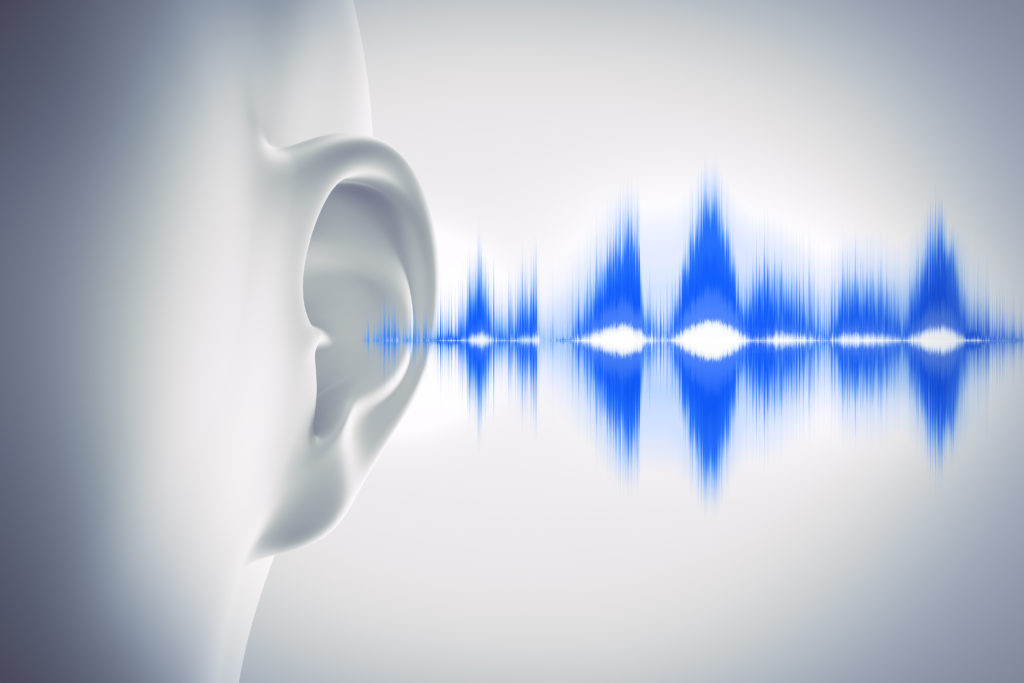"The new iPhone has been released, I no longer need my old one!"
This days, too many goods are simply thrown away, even though they are still in perfect condition. Just because it's no longer the latest thing, people don't want it and don't consider the ecological consequences. This is called a linear economy. Raw materials are mined/collected/produced, a product is made from it, then it is packaged, sold, used and finally ends up in the rubbish.
The idea of a circular economy is becoming more and more lucrative. The idea is to reuse existing products and not simply dispose of them. For example, with maintenance, repairs or recycling.
The figure below shows the linear economy (red) and the goal of the circular economy (green).

Vocabulary:
circular economy -> Kreislaufwirtschaft
recycle -> rezyklieren
remanufacture -> wiederherstellen
refurbish -> restaurieren
redistribute -> umverteilen
reuse -> wiederverwenden
maintain -> instand halten
discard -> wegwerfen
landfill -> Deponie
Eco Design has a lot to do with this topic also look at that post :)
Kreislaufwirtschaft
"Das neue iPhone wurde released, mein altes benötige ich nicht mehr!"
In der heutigen Zeit werden noch zu viele Güter einfach weggeworfen, obwohl sie noch einwandfrei sind. Nur weil es nicht mehr das Neuste ist will man es nicht mehr und beachtet die ökologischen Folgen nicht. Dies nennt man Lineare Wirtschaft. Rohstoffe werden abgebaut/gesammelt/erstellt, daraus fabriziert man ein Produkt, anschliessend wird es verpackt, verkauft, benutzt und landet zum Schluss im Müll.
Die Idee von einer Kreislaufwirtschaft wird immer lukrativer. Die Idee ist, die bereits bestehenden Produkte wiederzuverwenden und nicht einfach zu entsorgen. Zum Beispiel mit Instandhaltung, Reparaturen oder Rezyklieren.
Die Obige Abbildung zeigt die Linearwirtschaft (rot) und das Ziel der Kreislaufwirtschaft (grün).
Teaser:
Like any product, an eco-design product has to be attractive in order to be manufactured and appeal to consumers. Designers therefore need to meet a variety of requierements.

Quiz: What products do you think are made to last very long? (Answer in the comments)
Vocabulary: ...
Teaser:
Plastic is very resistant and difficult to dispose of. Usually it takes 450 years until it has decomposed into partially toxic chemicals. These get into the water and so into the entire food chain. Every year, 300 million tonnes of plastic are produced.
For example, the fish eats the plastic and later we eat these fish.
Quiz question:
How many percent of the plastic produced each year ends up directly in the ocean?
Vocabulary:
toxic chemicals - giftige Chemikalien
decomposed - zersetzt

Team: Brian & Lara
Our topic is about transport. There are many ways of transport. The most important one is the transport by sea, it covers up almost 50% of crude oil and 80% of global merchandise. As a result there are also many problems such as pollutants and noise.
How can you get rid of these problems and are they opportunities to improve transport overall to make it more eco-friendly?

Quiz question: What source for transport can be used at sea (only one is correct)
- wind power
- heat
- pedals
Vocabulary:
global merchandise = alle Güter der Welt
pollutants = Schadstoffe
Team: Angela und Sandrina
Source: Focus Terra I (sway.office.com)
How bad is damage to health from noise pollution?

Noise is unwanted sound. With every disturbing noise, the human body goes on alert. It releases stress hormones such as adrenaline and cortisol, the heart beats faster, blood pressure rises and the breathing rate increases.
Besides stress, noise has other direct effects on health, such as
- nervousness, tension
- fatigue, dejection
- Aggressiveness
- High blood pressure
- Cardiovascular diseases
- Disturbance of concentration
- Impairment of performance
- Reduced reading comprehension and long-term memory and motivation in school children
- Difficulty communicating
- Social isolation
More...
Hello Reader,
Do you think you use grey energy in your life? :-)
If you are interested, read the following post!
[More] --> In the following post, grey energy is explained in more detail. The circle of life is explained preciser as well as what grey energy contains. In addition, everyday consumption is shown by means of examples. Aswell as the footprint compared to the average footprint.

Picture: Cycle of grey energy
[Audio pitch: Recording Embodied Energy.ogg (112.01 kb) ]
Quiz questions:
Q: What where the two sounds in the recording above?
A: _________________________________________
Multiple Choice:
Q: Is meat embodied energy?
A: ( ) YES
( ) NO
Vocabulary:
- Consumer goods --> Konsumgüter
- Recources --> Rohstoffe
- Mining --> Rohstoffgewinnung
- Raw material processing --> Rohstoffverarbeitung
- Disposal --> Entsorgung
- Production --> Fabrikation
- CED (Cumulativ energy demand) --> KEA (Kumulierter Energieaufwand)
[Source: Focus Terra I / focusTerra I - Earth's Treasures (office.com)]
Alina & Lia
We have already looked at the 5 R's in our short presentation. Now, in form of a speedy post, we would like to briefly introduce them to you again. According to the 5 R system, four actions should be taken, if possible before recycling. Our natural resources, such as minerals, land, air and water, are being depleted and degraded at an ever faster pace. What can we do to save and protect our resources?